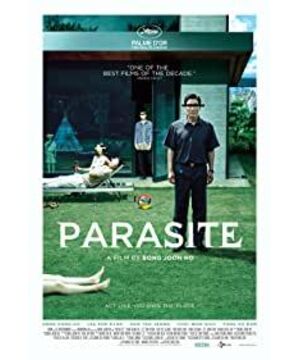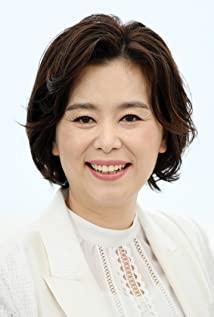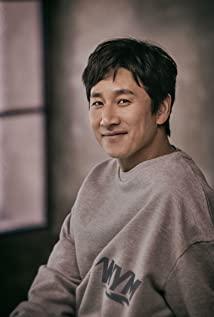This movie is really too East Asian. The beginning part shows the most typical Korean family: even if they live in the basement, even if the family has no internet access or work, the father still sits in the main seat, and the mother waits on the side. It was the first time that the sons and daughters made money to invite their father to dinner, and the father still took the initiative to take care of the children. Obviously, the identity of the "father" was beyond his mediocrity and unbearableness as a man. On the contrary, the male host of the upper class is obviously more westernized, perhaps because he has money to pay for all services, he never looks like a person in charge of the family. Ah, Confucian righteousness is great for you.
The main thread of the story, of course, is the culture of acquaintances, nepotism of relatives, and party politics that are more familiar to East Asian societies. Koreans do retain this habit more. The parasitism and backdoor of the whole family is a drama of seizing power and usurping the throne. It even includes the uneasiness of unbalanced morality after the short-term "seizure of power", ah, dumbfounded, and the tyrant politics of East Asia.
The motive of the father stabbing the male host to death was swayed by a simple fact (the rich hated the smell of the poor). People with non-East Asian cultural backgrounds would be difficult to get, and they might even feel a bit drama, but in fact they are fluent. This kind of indignation Has been more than his family killed.
In fact, I personally think that the climax of the film is the old butler leading the parasitic family to discover the dungeon. The darkness and depression are entirely the collective anxiety of the entire Korean nation. Whether it is the United States or the Japanese military government, they are all upper-class families; the main Korean population is a parasitic family; relying on washing the floors and shoes of the upper-class families, cooperating with the struggle, gradually replacing the state machinery with their own family members; secretly The tragic struggle of the upper class is never seen by the upper-class masters. The ones who are forced into the basement will never see the sun and the wind for life. Are they not Koreans of the same race? No matter how stupid and amiable the upper-class masters are, they don’t agree with others, but killing the master doesn’t mean that you can be the master. Only when you are the real master can the father quietly walk up from the basement and hug his family. , The peninsula will eventually be unified. But this is still the dream of a poor boy sleeping in the basement. When will it come true? Ah, a brief history of the Korean Peninsula, again.
What else is there to say? Movie expression? excellent. On the whole, you can't tell whether a really powerful movie is a literary or commercial movie, or a comedy or a tragedy. However, Korean movies are still a bit too shabby, I always want to express things up to 120%, and I personally think that the expression standard for perfect movies is: 93%.
so.
View more about Parasite reviews











